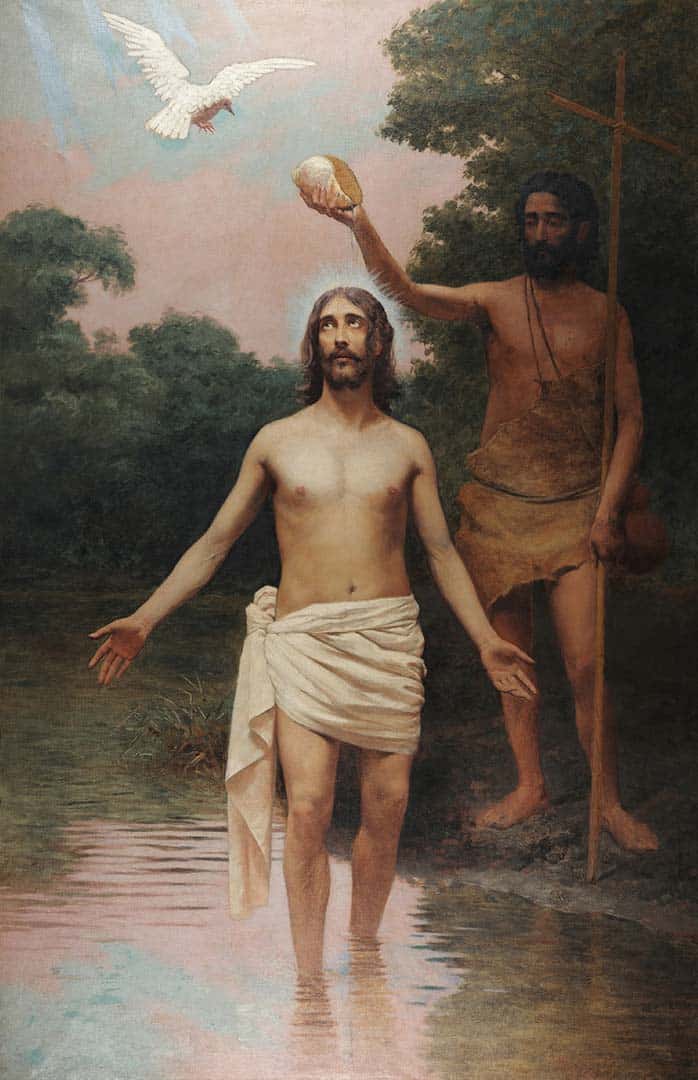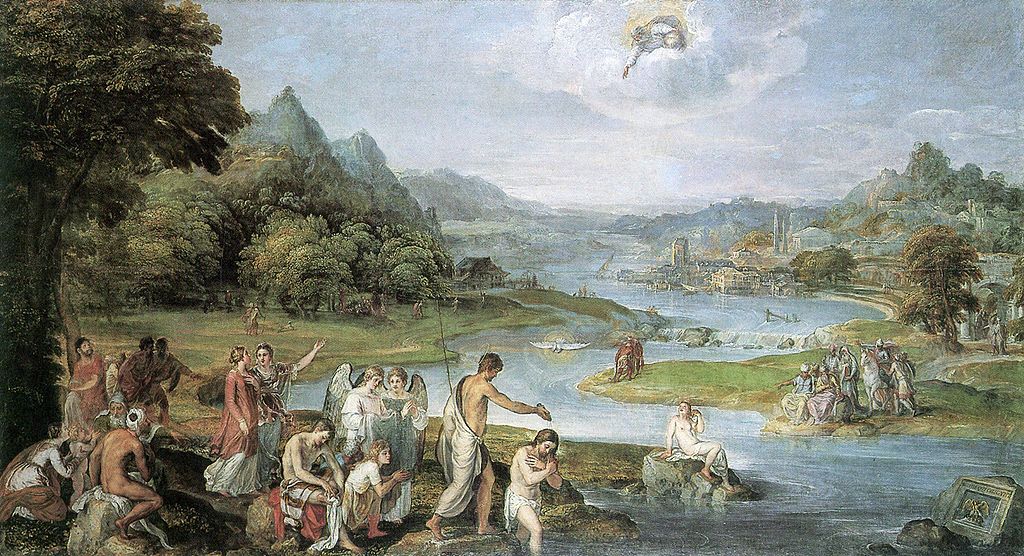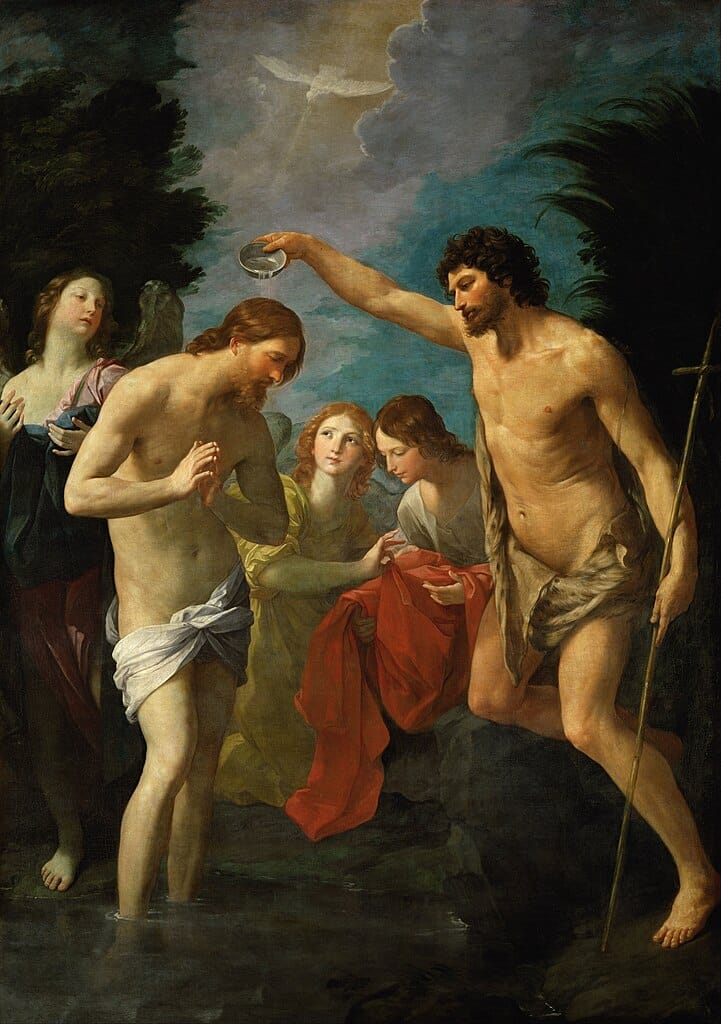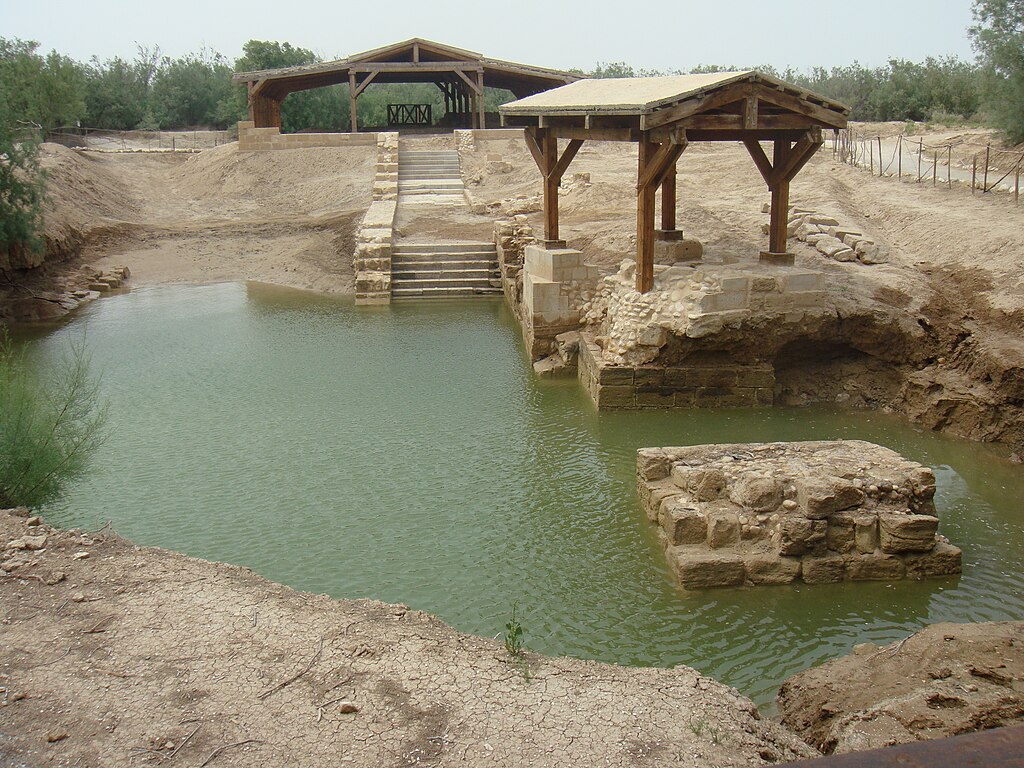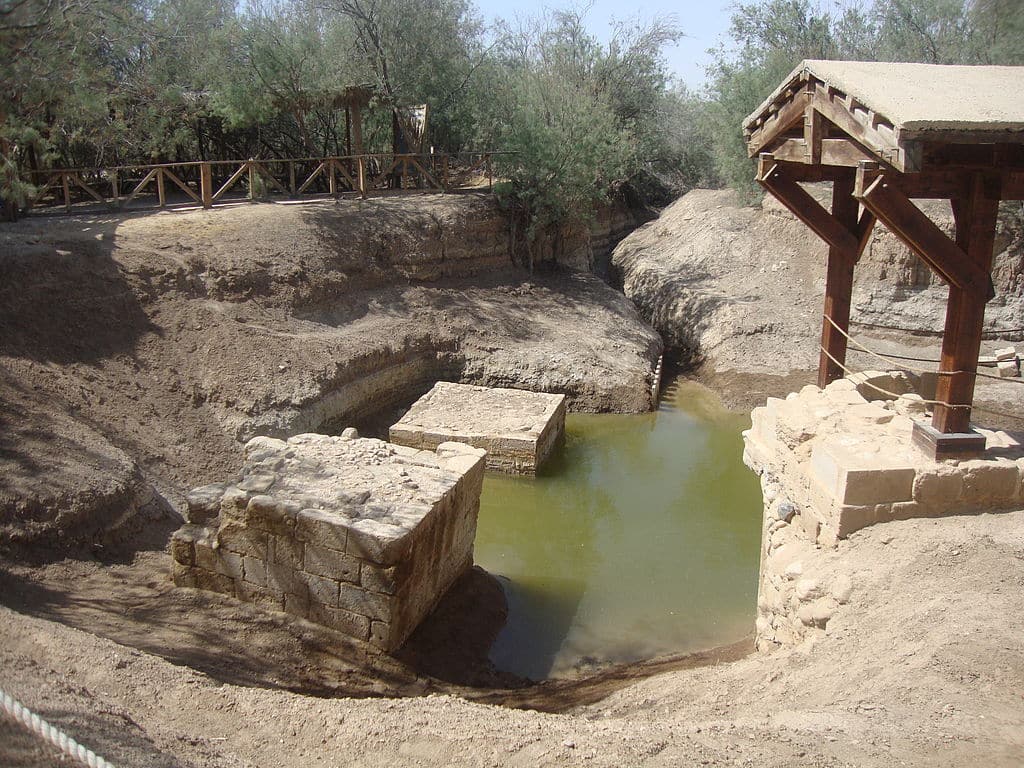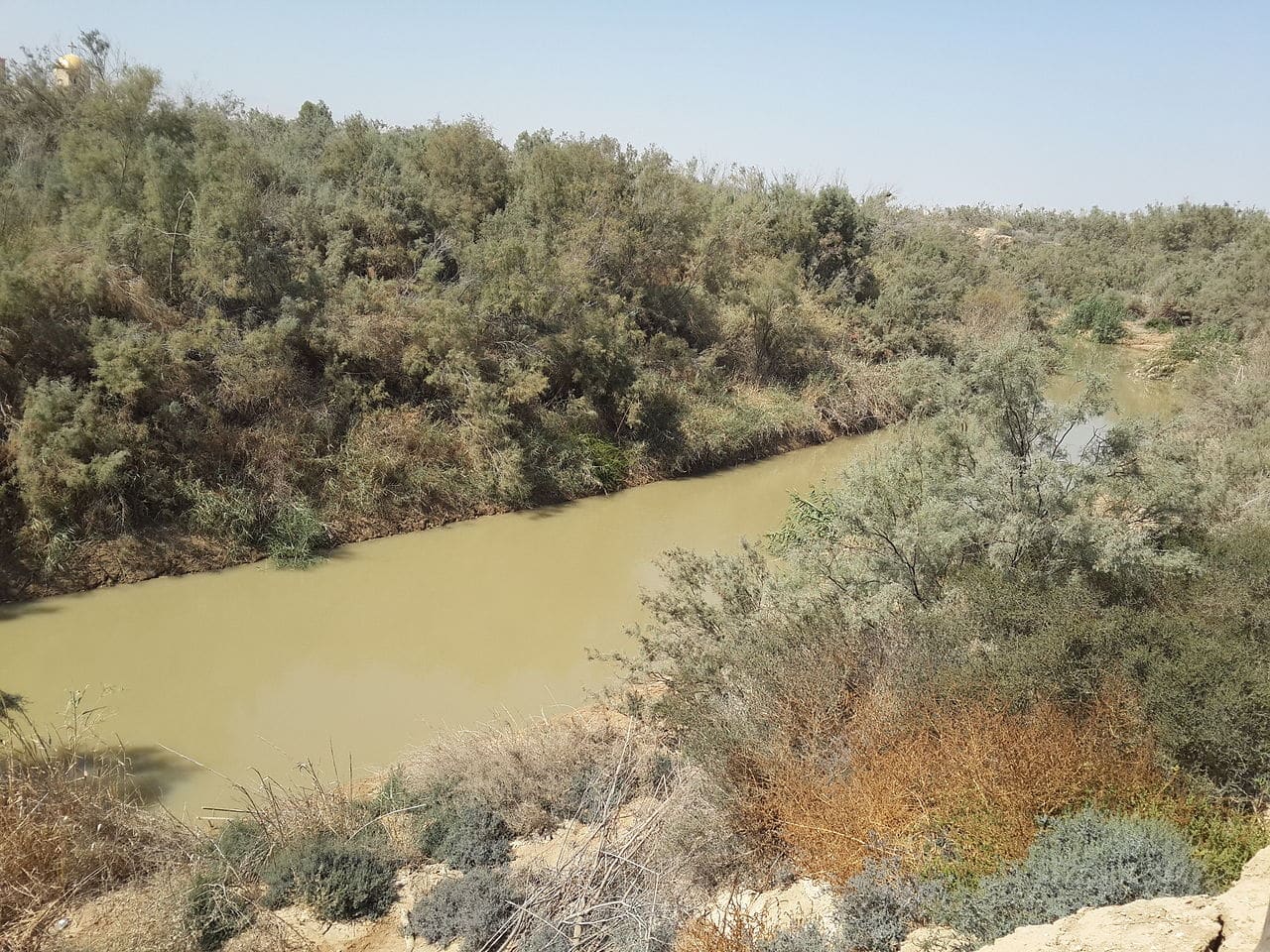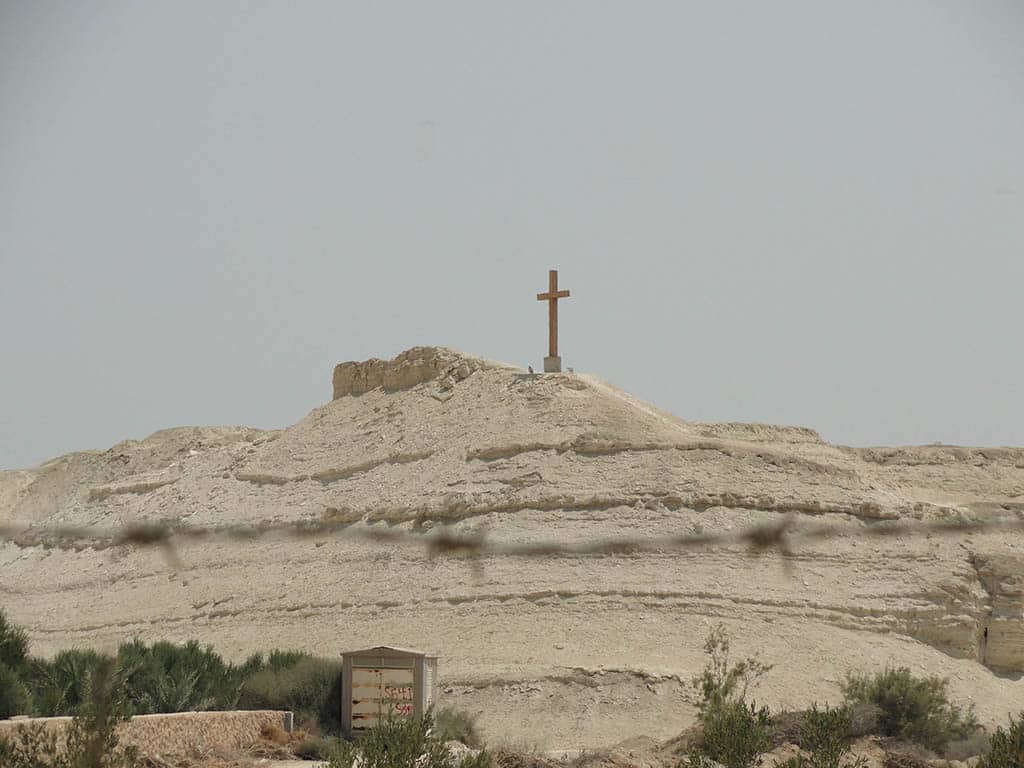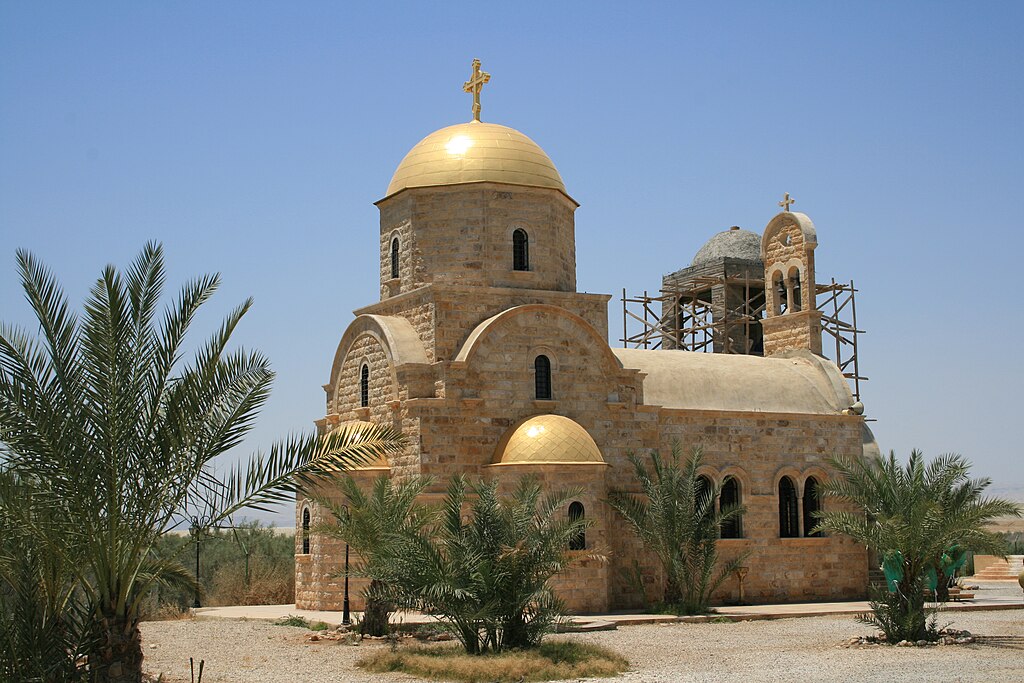Paul’s Third Missionary Journey
Carousel of images for this Bible Exhibit
Listen to this Bible Exhibit
After a period of rest in Antioch, Paul’s third missionary journey began by traveling through Galatia and Phrygia, strengthening his previously planted churches Acts 18:23. His primary concern on this journey was the missionally strategic city of Ephesus, where he stayed for over two years, teaching, performing miracles, and establishing a strong Christian community Acts 19:8-10.
In Ephesus, Paul encountered a group of disciples who had only received John’s baptism. He explained the full message of Jesus, and when they were baptized in His name, they received the Holy Spirit Acts 19:1-7. Extraordinary miracles marked Paul’s time in Ephesus, as even handkerchiefs and aprons that touched him were used to heal the sick and drive out demons Acts 19:11-12. His ministry was so effective that many people abandoned their magic and publicly burned their sorcery books Acts 19:18-19. However, his success also led to opposition. A silversmith named Demetrius, who made idols of the goddess Artemis, saw his business threatened and stirred up a riot against Paul. Though Paul was not harmed, the uproar demonstrated the impact of his ministry, making inroads throughout the pagan Roman Empire Acts 19:23-41.
After leaving Ephesus, Paul traveled through Macedonia and Greece, visiting churches in Philippi, Thessalonica, and Corinth. He wrote letters to the Corinthians and the Romans during this time, encouraging them in faith and addressing concerns within their churches. His letter to the Romans laid out foundational Christian doctrines, explaining salvation by faith in Christ and God’s plan for both Jews and Gentiles Romans 3:21-24; 9:6-8.
Paul’s journey continued with a return through Macedonia, where he met with believers and strengthened them. In Troas, he preached until midnight, and a young man named Eutychus fell from a third-story window and died. Through God’s power, Paul brought him back to life, strengthening the faith of those present Acts 20:7-12.
As he traveled toward Jerusalem, Paul met with the elders of the Ephesian church in Miletus. He warned them about false teachers who would try to lead believers astray and reminded them of his dedication to preaching the gospel despite hardships Acts 20:28-31. The elders wept as they said their final goodbyes, knowing they would not see him again Acts 20:36-38.
When Paul arrived in Caesarea, the prophet Agabus warned him that he would be arrested in Jerusalem. Despite his companions’ pleas, Paul was determined to complete his mission in the footsteps of his Lord, saying that he was ready to not only be imprisoned, but to die for the name of Jesus Acts 21:13. His journey ended as he arrived in Jerusalem, where believers warmly welcomed him Acts 21:17.
This third missionary journey was instrumental in strengthening the early church’s foundation. Paul’s efforts in teaching and correcting false beliefs and his unwavering commitment amidst opposition exemplify the resilience and dedication required to spread the Christian faith during its formative years. His journey reinforced existing communities and facilitated the spread of Christianity into new regions, laying the groundwork for ongoing ministry and church growth as Jesus commanded the gospel message go to the “ends of the earth.”




